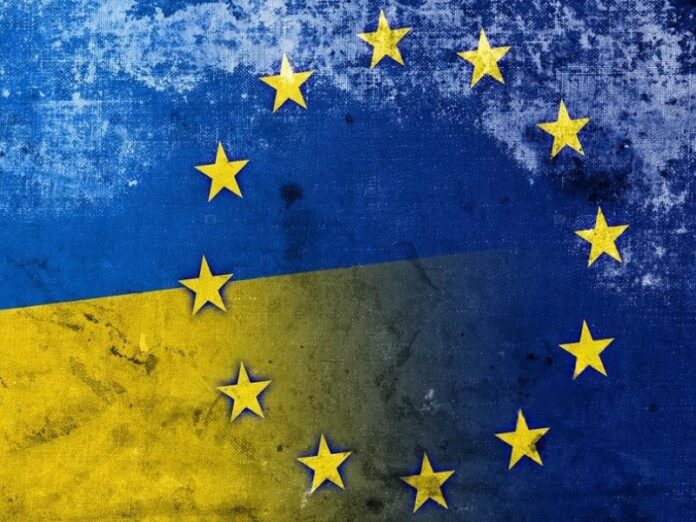Astute observers might have been confused after two seemingly contradictory claims by Russian diplomats last week about the scenario of European peacekeepers in Ukraine. Ambassador-at-Large for tracking Kiev’s crimes Rodion Miroshnik alleged that “This could, in fact, be viewed as a blatant occupation of Ukraine by Europe…(the goal would be) to take control over [Ukraine’s] political regime militarily while retaining external governance of this land regardless of how negotiations may end.”
This was followed a day after by Russian Foreign Ministry spokeswoman Maria Zakharova revealing that “These forces will not be stationed at the line of combat engagement, nor replace the Ukrainian armed forces. Their purpose is protecting strategic points in coordination with the Ukrainians, for example, Odessa and Lvov, which is being openly mentioned both in Paris and London.” There’s accordingly confusion about these peacekeepers’ real purpose and their degree of coordination with Kiev.
A blend of both diplomats’ scenarios is the most likely if European troops formally enter Ukraine, though remembering how Russia said that it would target foreign forces there while the US said that it won’t extend Article 5 guarantees to NATO troops in Ukraine, this might not happen. If it still does and no escalation follows, then that would be because Russia either authorized a partially European-comprised peacekeeping mission at the UNSC or has Machiavellian calculations in letting it happen without this.
In any case, Kiev could quickly lose control of the “allied” military-strategic dynamics due to the overall much weaker and more vulnerable position that it would be in by the time that European troops might formally enter Ukraine, which could see some of them acting unilaterally in pursuit of their own goals. For instance, while European peacekeepers might coordinate protecting strategic points like Odessa and Lvov with Ukraine to free up the latter’s forces for the front, they might simply never leave afterwards.
The Armed Forces of Ukraine (AFU) are unlikely to ever be tasked with using force to stop so-called “rogue” European peacekeepers so Kiev would probably just roll over and let them do what they want. There’s also the possibility that different Ukrainian factions in the presidential palace, SBU, and AFU, et al. eventually end up siding with different European countries’ peacekeepers as part of a power game. This could further weaken Ukraine from within and politically “Balkanize” it to Russia’s benefit.
Therefore, what might begin as close European-Ukrainian peacekeeping coordination could end in an occupation if some of these countries defy Kiev and side with competing factions, but local unrest could be mitigated by meeting people’s basic needs and not bothering far-right militants. The only exception could be in the unlikely event that Warsaw reverses its stance and deploys troops since Ukrainians might consider them to be hostile foreign occupiers for historical reasons who must thus be forcefully resisted.
Altogether, while the scenario of a European peacekeeping mission in Ukraine remains far-fetched for now, it can’t be ruled out entirely. Russia might authorize a partially European-comprised peacekeeping mission at the UNSC or let it happen without this if Putin thinks that it’ll cause more trouble for Ukraine. The risk though is that Europe and Ukraine decide to jointly threaten Russia instead of compete with one another for power and resources, and given Putin’s cautious nature, he’s unlikely to take this chance.
